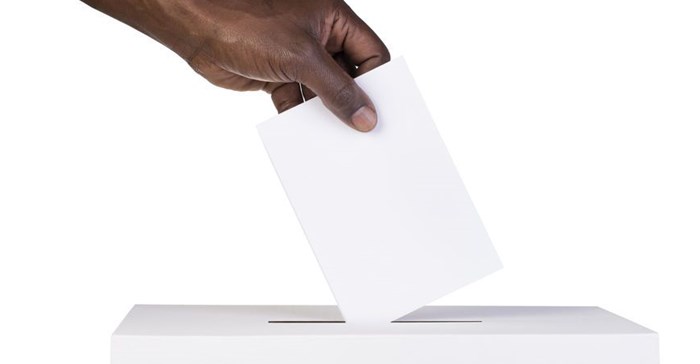With East Africa set to grow by 6.3%, Western and Central Africa by 2.5%, Franc Zone at 4.6% and South Africa by 1.2%, most countries on the continent are looking at a positive economic forecast, except for those facing elections.
East Africa continues to report the highest GDP growth on the continent even though the region's economic growth is expected to ease slightly, from 6.8% in 2017 to 6.3%. Ethiopia reported the highest forecast at 7.8%, while the lowest forecast for the region was at -3.8%, by war-torn South Sudan, according to the Economic Insight: Africa report.
However, lower growth ranking for some countries in the region demonstrate how large an effect political instability can have on economic prospects. For example Kenya's growth rebounded to 5.4% this year after it dropped to 4.9% in 2017. The drop was attributed to political uncertainty during last year's elections.
Political tension
In West and Central Africa average growth is forecast at 2.5%. Ghana's forecast is expected to expand by a decent 5.2%, highlighting a stable economy. However, this is not so for Africa's largest economy, Nigeria whose growth is forecast at 1.8%. The weak performance can partly be attributed to the upcoming elections in February next year.
There is little uncertainty about who will win elections in the Democratic Republic of Congo (DRC) in December, but political tensions are set to rise nonetheless, and are the main obstacle to the GDP growth forecast of 4.1% this year.
The elections narrative is still replicated in Southern Africa, being the slowest region with GDP forecast set to expand only by 1.2%. Election rhetoric regarding land and property rights in South Africa ahead of polls in 2019 has frightened investors.
As a result, President Cyril Ramaphosa is finding it difficult to convince them otherwise. The country is expected to post GDP growth of just 0.7%.
Meanwhile, Zimbabwe's government is suffering from post-election credibility difficulties, with international lenders and investors unconvinced that the scenario has improved in Harare - after violence and fraud allegations marred July's election.
Slow growth
In North Africa, Libya and Algeria are set to hold polls in the near future, in December 2018 and April 2019, respectively. Nevertheless, Libya's election will almost certainly not go ahead as the legal framework for it is not yet in place. Incidentally, the two countries are the region's fastest and slowest growing economies this year, at 14.7% and 2.3% respectively.
Egypt which held elections in March to overwhelmingly return President Abdel Fattah Al-Sisi to power, is expected to grow by 5.3% this year. The certainty of Sisi's grip on power appears to be helping the country's economic rebound.
The Franc Zone is expected to see GDP growth of around 4.6% this year. Cameroon is expected to post a GDP growth rate of 4.0% this year - up from 3.2% in 2017. This is despite the unpopular re-election of President Paul Biya and the violence that accompanied his re-election.



































